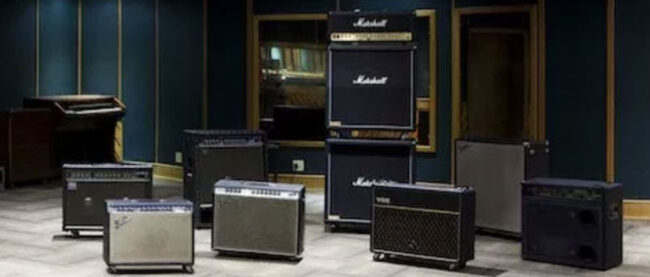The Minister of Sport, Arts and Culture, Gayton McKenzie, has decided to halt further funding for the Downtown Music Hub (DTMH).
The minister announced this decision on Thursday.
The minister announced this decision on Thursday, with the aim of finalising a thorough investigation into the funds disbursed since 2008. The decision also pertains to the future management of the asset.
The statement reads: “The DTMH project was initiated in 2008 by former minister of arts and culture Pallo Jordan.
“The intention was, inter alia, to lower barriers for access in recording facilities following the purchase of Downtown Studios Johannesburg.
“The site is indeed steeped in music tradition as the production site of many gold and platinum albums over the years.”
Non-profit organisation
Continues the statement: “Based on an agreement between the DSAC and the National Arts Council, the building and its assets were to be donated to a special purpose entity (SPE) following its establishment. The SPE was subsequently established in 2010 as a non-profit company known as DTMH.
“The Downtown Studios business was purchased as a going concern, and this required that the employees be transferred from the seller to the buyer in accordance with Section 197 of the Labour Relations Act.
“The employees were not transferred to the NAC, however, but were later absorbed by the SPE.”
The statement said the NAC-led process of transferring and donating assets to the SPE was never actioned due to a lack of common ground between the department, the NAC, and the Treasury.
The statement said the department had no valid reason to donate assets to a non-governmental institution.
Transfer of assets
“This divergence created delays in the finalisation of the transfer. A counterproposal emerged that the assets be transferred to the Department of Public Works instead, which also did not occur.
“The NAC was ultimately compelled to incorporate the assets into its books, which caused accounting problems for the state-owned entity, particularly regarding how the property was purchased.
“This resulted in adverse audit findings, which were finally resolved when the then minister of arts and culture, with the minister of finance, condoned the acquisition of the building.
“In terms of Section 6[3] of the NAC Act, however, the NAC is prohibited from acquiring and operating an income-generating business, in this case being the recording studios.”
According to the statement, the NAC was forced to allow the SPE to run the business independently.
The studio business has, however, been operating at a loss, placing a liability on the department to cover its running and building maintenance expenses, according to the statement.
It said the SPE’s management stressed that it was unable to approach private investors due to the matters connected to the ownership of the building and the studios.
Health and safety hazards in the building have also had an adverse impact on opportunities for making additional income.
No adverse findings
Reads the statement: “It is important to note that no adverse findings have been recorded regarding the funding of the Hub, other than the auditor-general’s findings relating to the purchase of the building by the NAC, as well as the accounting process for the business of the studio.
“The investigation will, however, bring to light the full facts around the finances of the Hub and how every cent has been spent.
“In 2021, the department’s director-general appointed an internal task team to investigate and guide on the future of the DTMH.
“Following its work, it was recommended that the project be repositioned and incorporated into one of the declared cultural institutions of the department, but no final decision was made.”
McKenzie said that it was not sustainable for the department to keep carrying this project due to budget constraints, according to the statement.



